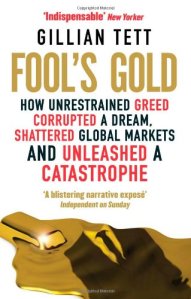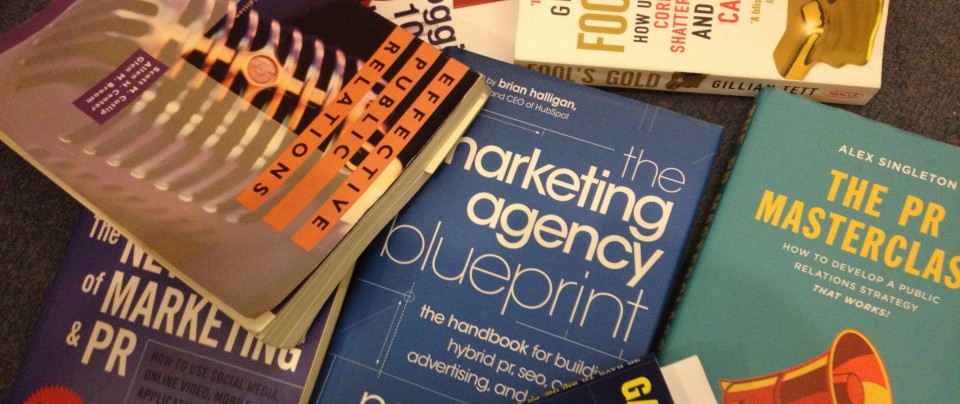Visit my professional profile at: uk.linkedin.com/in/kylajanematriano  “How unrestrained greed corrupted a dream, shattered global markets and unleashed a catastrophe”- Gillian Tett.
“How unrestrained greed corrupted a dream, shattered global markets and unleashed a catastrophe”- Gillian Tett.
Prior to reading Fool’s Gold, I did not have any idea of what derivative contracts or bonds were. However, after discussing the financial crisis of 2008 with a colleague, and as a result received the book as a birthday present. I now have an understanding of what derivative contracts are in the investment banking world.
Gillian Tett’s hypothesis on the possible causes to the financial crisis in 2008, and the collapsed of the Lehman Brothers was based on case studies of other major banking firms. One of many is AIG’s – a giant insurance firm – abrupt cut in their credit and derivative contracts in the autumn of 2008, where a possible collapse of the firm threatened to trigger a string of other banks collapsing.
Tett narrates the media’s lack of interests in derivatives during the year of 2005, and how often reluctant bankers were to discuss derivative contracts. Jargons and complex mathematical formulas were used to keep outsiders from understanding the derivatives world. But little did the media nor other bankers predict the birth of derivatives would become the behemoth that will shatter the financial sector in the coming years.
The case study of J.P. Morgan, and its merged with Manhattan Chase to now, JP Morgan Chase & Co, played an important role in Tett’s case study. She talks about how the birth of the derivative contracts influenced the creation of several new bonds, and the mutation of others: BISTRO, AAA, CDO’s, ABCP et al.
Furthermore, she mentions J.P. Morgan’s young derivatives team who helped nurture the development of the contracts. And how Bill Winters, Peter Hancock and Bill Demchak, a few well-known bankers during that time influenced the tides of the investment banking world, which eventually led to the financial crisis.
The book is fascinating and very educating for curious minds that desire to know more about the financial industry. Currently, I am often reminded of Tett’s narrative when I glimpse on newstories about derivatives. However, compared to my prior encounter with the topic, I am no longer unarmed.

You must be logged in to post a comment.